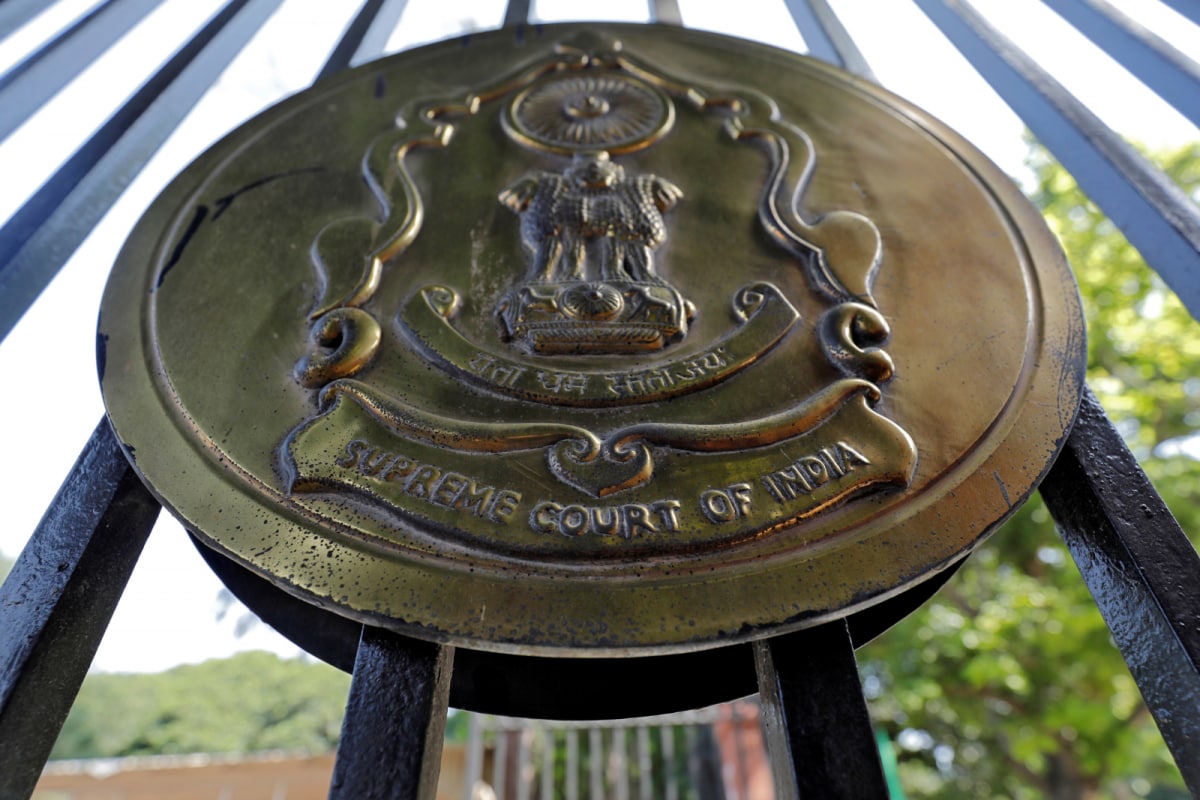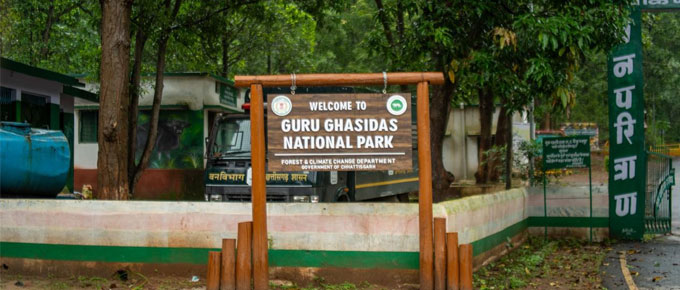Let’s Talk Law | Why Personal Laws Survive in Modern India? The Answer is a Knotty Loop Dating Back to 1951
The grand standing or special protection to personal laws is due to a judgment of the Bombay High Court in the State of Bombay v Narasu Appa Mali case in 1951, which has not been overruled till date

Feminists rightly argue that there is nothing personal about the personal laws. Patriarchy considered them ‘personal’ to protect and preserve the subjugation of women at the hands of men. Personal laws govern marriage, divorce, adoption, inheritance, and in some instances, allow practices like female circumcision performed by quacks.
More than 75 years after Independence, women, especially from minority groups, have archaic and medieval practices governing their lives in crucial family matters.
One wonders why we can’t simply strike them off. The story of personal laws in India is one riddled with complex political and legal history. It is tempting to jump to the simplistic demand of a Uniform Civil Code. There are cogent reasons as to why the present government despite its in-principle commitment to Uniform Civil Code has not been able to make substantial moves. The government has not laid down any timeline and has also resisted any judicial intervention for implementation of a common code.






















